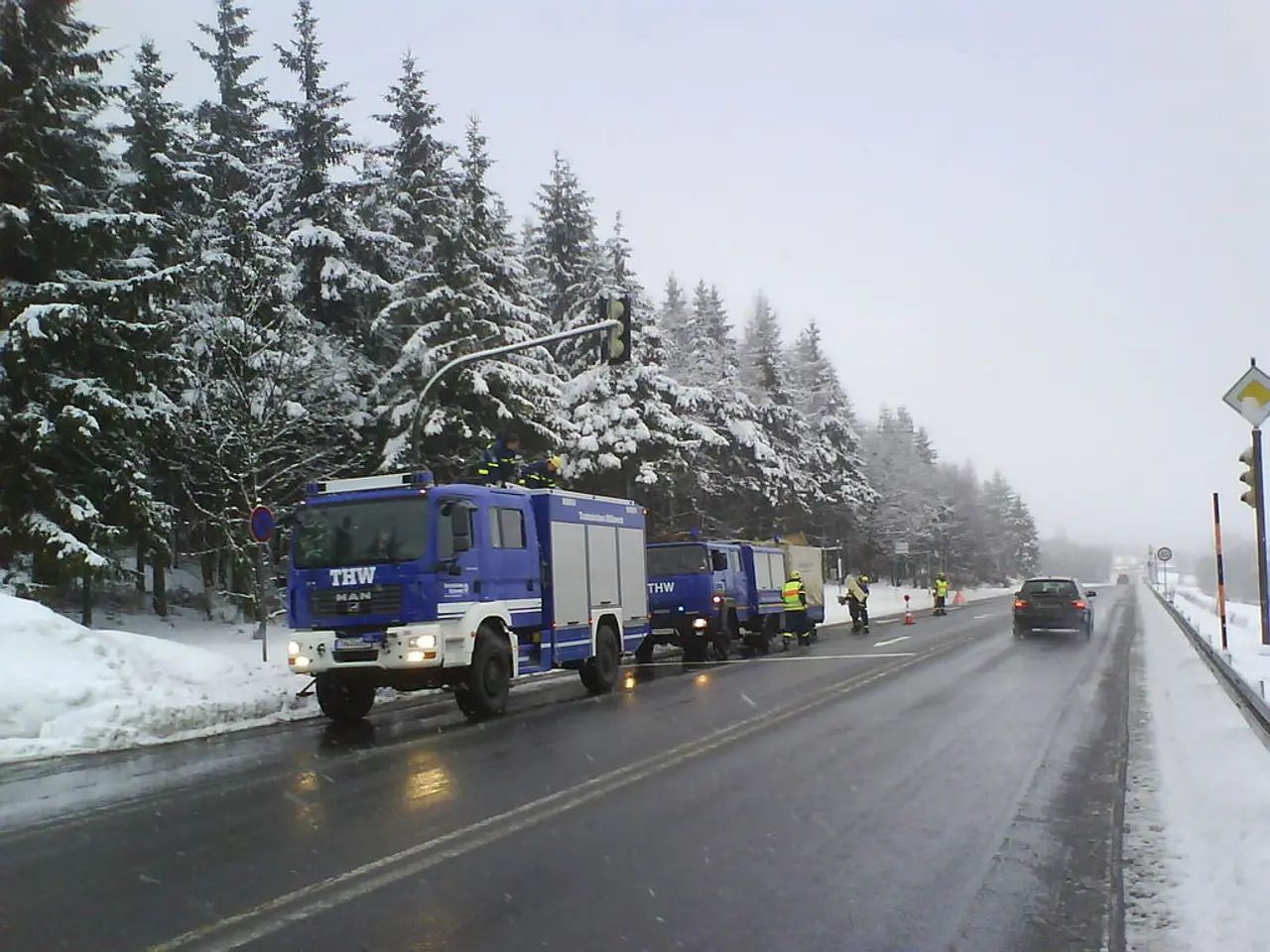Colorado Researchers' Model Averts 97% of Early COVID-19 Hospitalizations
Researchers from Colorado have published findings in the journal 'Emerging Infectious Diseases'. Their work focuses on using mathematical modeling of SARS-CoV-2 to guide early pandemic policies in Colorado. The team, led by faculty from multiple universities, collaborated with the Colorado Department of Health and Environment and the Governor's office.
The team developed a Susceptible-Exposed-Infected-Recovered (SEIR) model tailored to Colorado's COVID-19 data. This model estimated changes in contact rates and the effective reproductive number (Re) under different intervention scenarios. The model was used to generate real-time projections, enabling key decision-makers to anticipate the outbreak's course under various strategies.
The analysis underscores the importance of locally calibrated transmission models in informing public health preparedness and policymaking. The authors note that the model allowed them to respond swiftly to urgent requests and adapt to rapidly changing public health policies during the pandemic. Their estimates suggest that 97% of potential hospitalizations in Colorado's early pandemic months were averted due to social distancing and other transmission-reducing activities.
The Colorado researchers' work, published in 'Emerging Infectious Diseases', demonstrates the value of mathematical modeling in guiding pandemic response. Their locally calibrated model enabled informed decision-making, contributing to a significant reduction in potential hospitalizations during Colorado's early COVID-19 outbreak.







